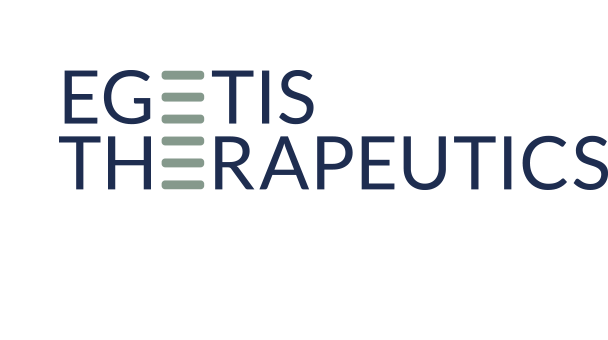Egetis has decided to explore RTH-beta as the next indication for tiratricol (Emcitate®)
December 4, 2024
Stockholm, Sweden, December 4, 2024. Egetis Therapeutics AB (publ) (Nasdaq Stockholm: EGTX) today announced that the Company has chosen Resistance to Thyroid Hormone beta (RTHβ) as the next indication to be developed for its investigational drug tiratricol (Emcitate®). To this end, the Company is contemplating to support a multicentered investigator-initiated Phase 2 study in patients with RTHβ in collaboration with academia.
RTHβ is a rare genetic disorder with high unmet medical need and no approved treatment, affecting 1-2 individuals per 40,000 live births. Thyroid hormone is crucial for the development and metabolic state of virtually all tissues and acts through binding to nuclear thyroid hormone receptors resulting in transcription of a range of hormone responsive genes. There are two main subtypes of thyroid hormone receptors in the body (alpha and beta), preferentially expressed in different tissues. RTHβ is caused by mutations in the thyroid hormone receptor beta gene and leads to impaired thyroid hormone signaling in tissues dependent on this receptor subtype. The disease affects both females and males equally. Clinical manifestations of RTHβ include a mix of symptoms of thyrotoxicosis and hypothyroidism in different tissues, including goiter, hepatic steatosis and dyslipidemia, impaired hearing and color vision, neurocognitive dysfunction and cardiovascular stress. Recently it has been shown that patients with RTHβ have reduced survival and increased cardiovascular morbidity (Okosieme et al. 2023, Campi et al. 2024).
RTHβ is a distinct indication, with no overlap in patient populations, to MCT8 deficiency. In 2022 Egetis obtained Orphan Drug Designations for RTHβ for tiratricol (Emcitate®) in the USA and EU. A presentation about RTHβ and the unmet medical need will be given at the Egetis’ Investor Day on December 18, 2024.
Further information on the specific plans to develop tiratricol (Emcitate®) in RTHβ will be communicated when finalised.
References:
- Okosieme, O. et al. 2023. Cardiovascular morbidity and mortality in patients in Wales, UK with resistance to thyroid hormone β (RTHβ): a linked-record cohort study. Lancet Diabetes Endocrinol. 11(9):657-666
- Campi, I. et al. 2024. Increased cardiovascular morbidity and reduced life expectancy in a large Italian cohort of patients with resistance to thyroid hormone β (RTHβ). Eur J Endocrinol. 191(4):407-415

